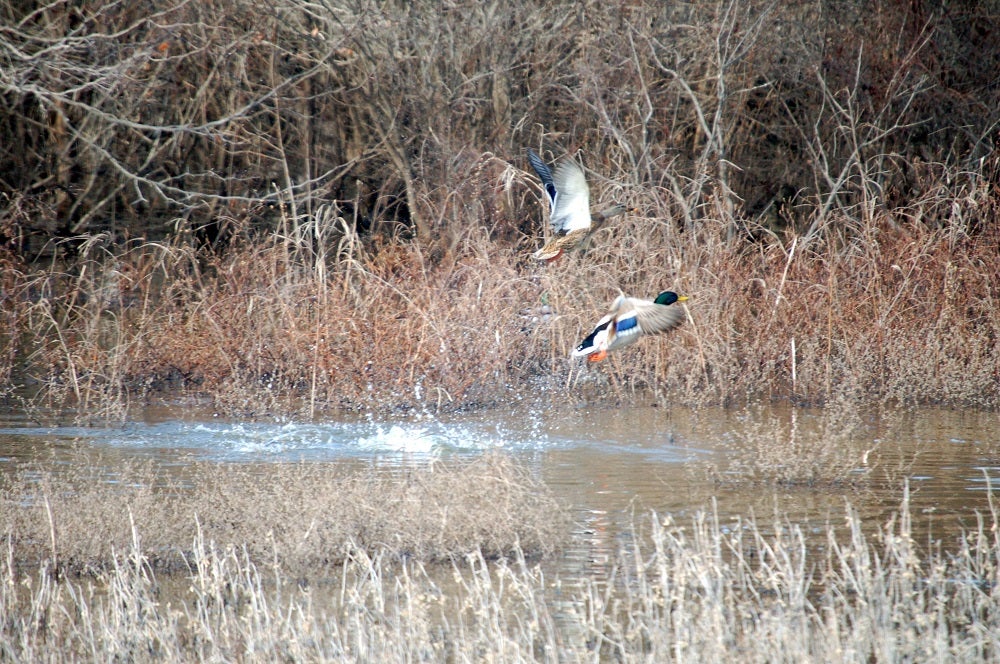Arkansas Alters Waterfowl Hunting Rules for Non-Residents
Dr. John Woods 07.19.17

As many duck hunters know, Arkansas is one of the top waterfowl hunting destinations in the country. Though a great deal of the duck hunting is done with private outfitters, a great many waterfowl hunters travel to Arkansas to take advantage of open public lands. Those public lands are mostly state operated wildlife management areas.
The Arkansas Game and Fish Commission meeting in Jonesboro approved rules on waterfowl hunting that will impact non-resident hunters. The Commission commented that the new rules were put into place to offer additional waterfowl hunting opportunities to the state’s resident hunters. This impacts hunting on Arkansas Game and Fish controlled public lands.
What does this really mean? With this Commission rules change, the annual Non-Resident Waterfowl WMA permit has been eliminated. This leaves just the 5-day permits as an option for non-resident duck hunters. Again, this is on Arkansas WMA lands only.
Another complication somewhat is that the 5-day non-resident permit has to be purchased for a specific, single wildlife management area. On the positive side though, non-residents are allowed to purchase six of the 5-day permits per waterfowl season, but each for a specific WMA determined by the hunter at the time of purchase. The cost of the 5-day permits have also been increased from $25 to $30.50.
The reasoning for these changes by the Arkansas Game and Fish Commission is said to help continue to monitor and adapt to weather and other conditions that could affect the state’s waterfowl areas. Each year the state takes a look at all the open public waterfowl hunting areas to determine what changes are needed to maintain the quality of the hunting areas.
It is a well-known issue that all waterfowl hunting areas have suffered from changing conditions over the past decade or so. These typical wetland areas are subject to many environmental impacts including rainfall to supply sufficient water level supplies to attract and hold ducks during open seasons. The same is said for nearby available food resources needed to bring ducks in to roost for longer periods of time giving ducks hunters the maximum opportunity.
Weather is also a huge factor with waterfowl hunting. Typically for waterfowl areas in the south, hunters are highly dependent on super cold frigid fronts up north to push populations of ducks further south. If it remains warm or marginally cold up north, the flocks of waterfowl may never arrive in the south for hunting. Non-resident duck hunters need to make plans now to research which Arkansas WMAs may be worth selecting.